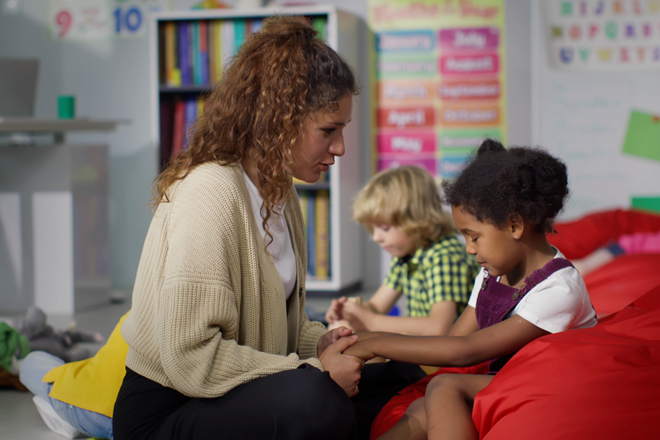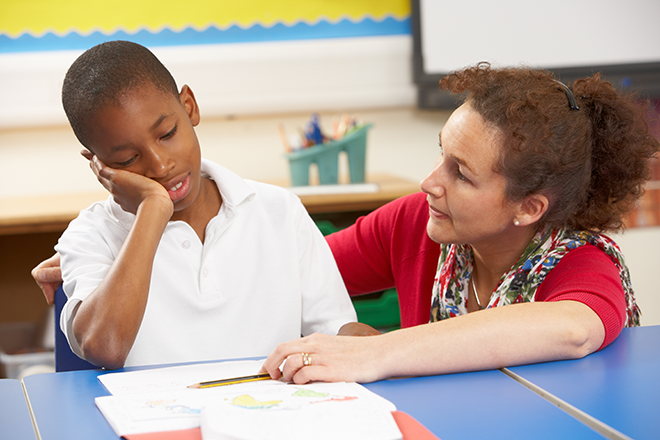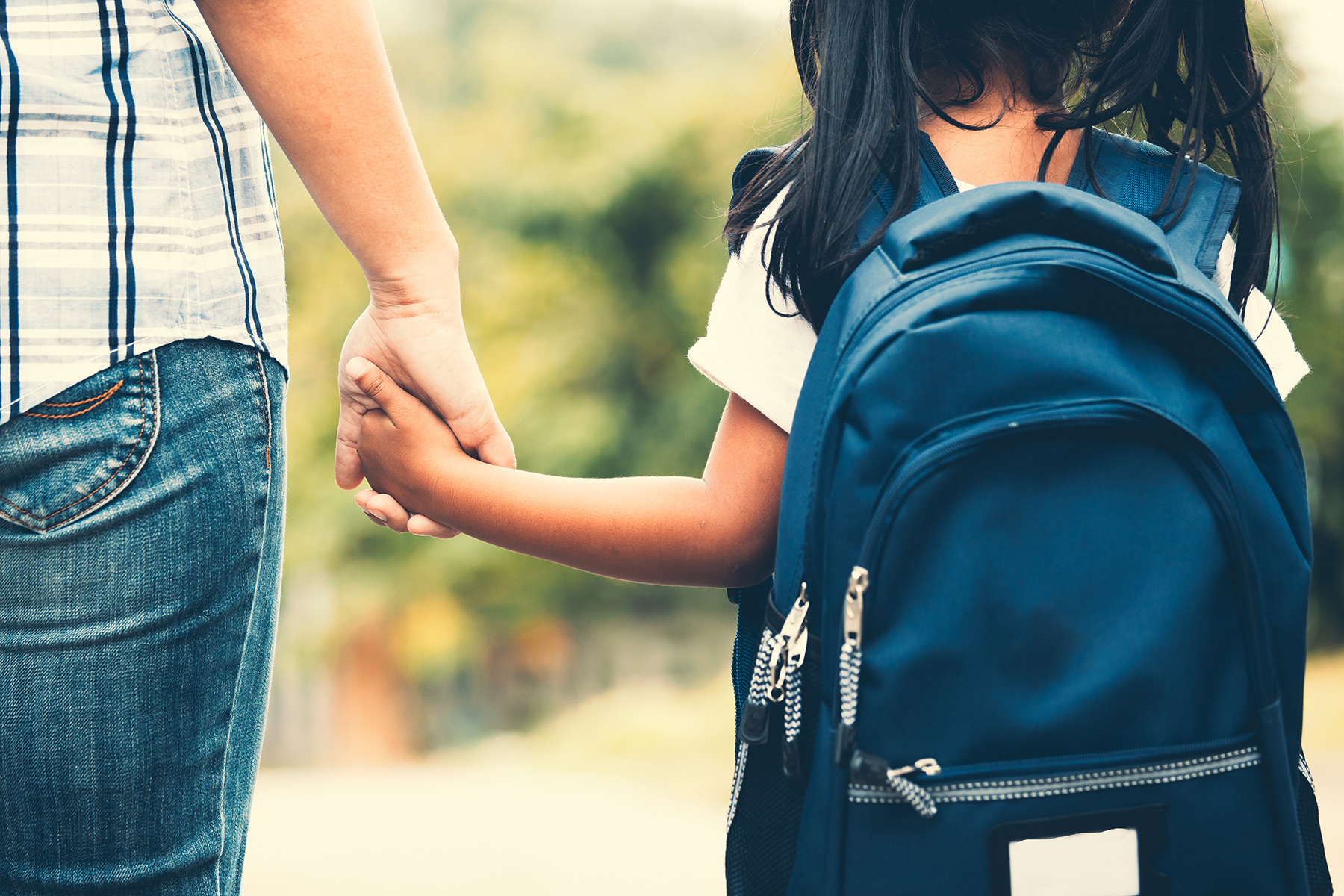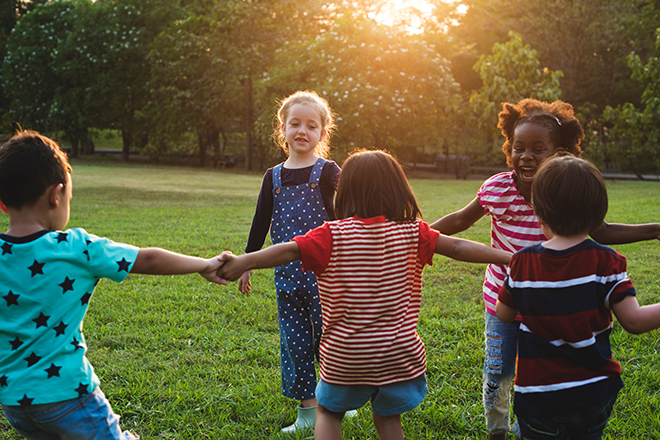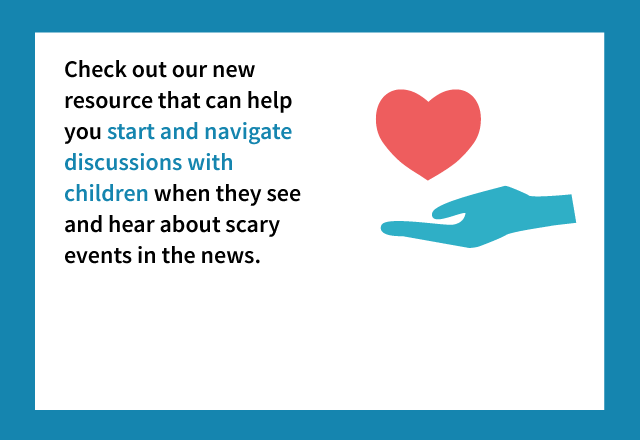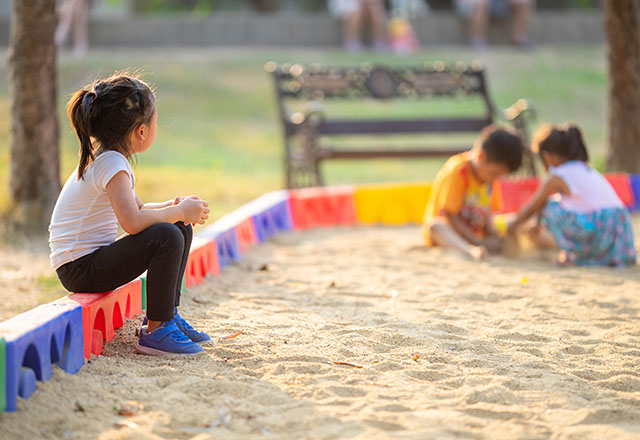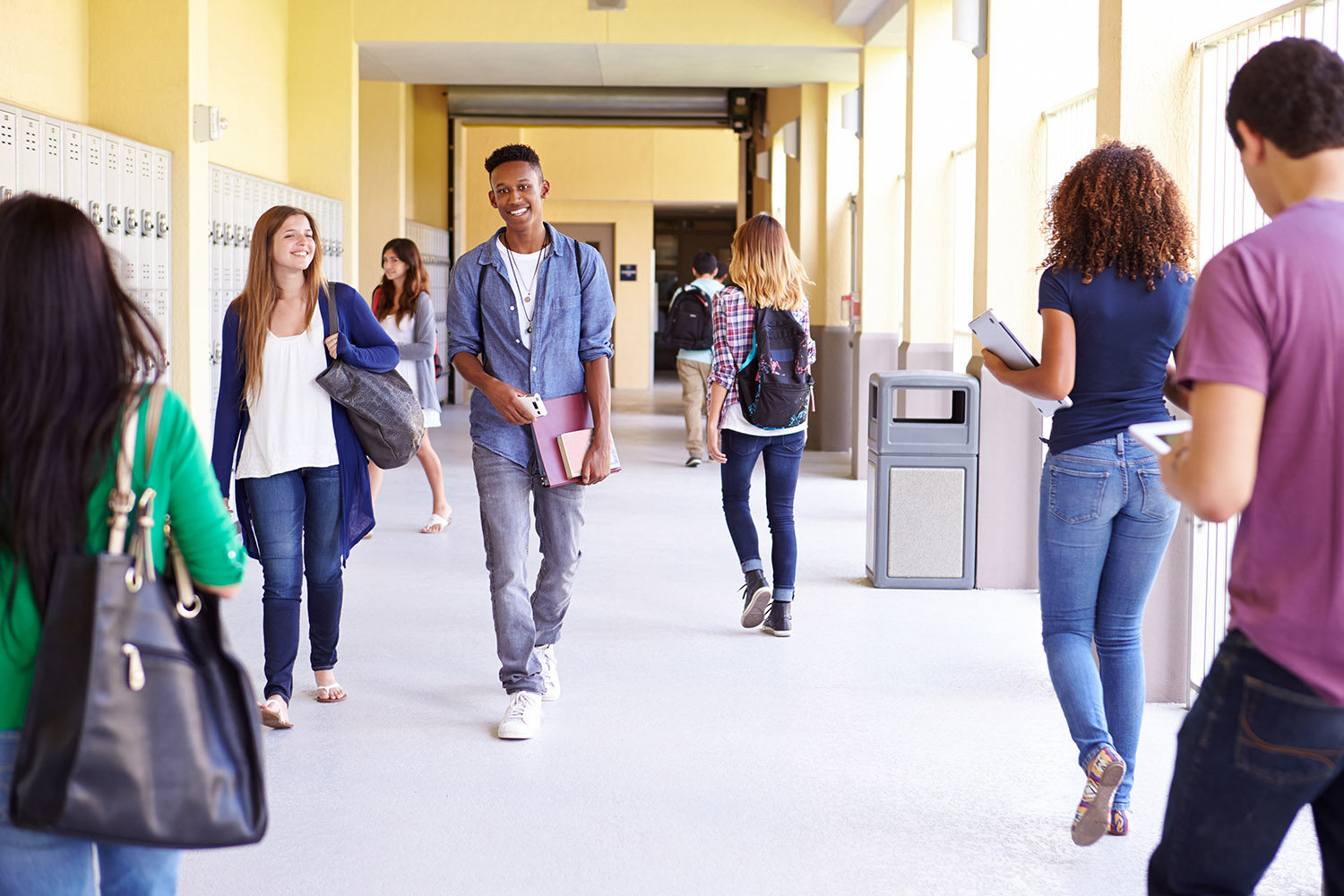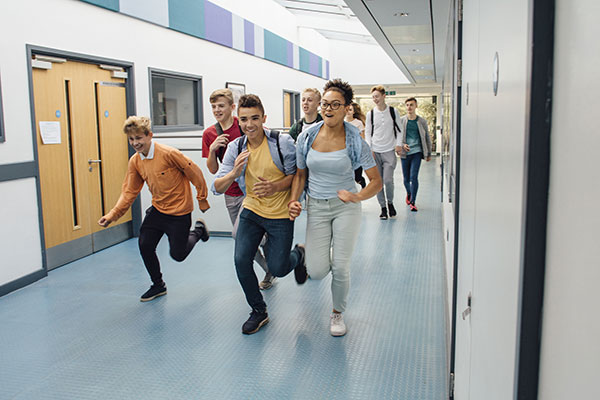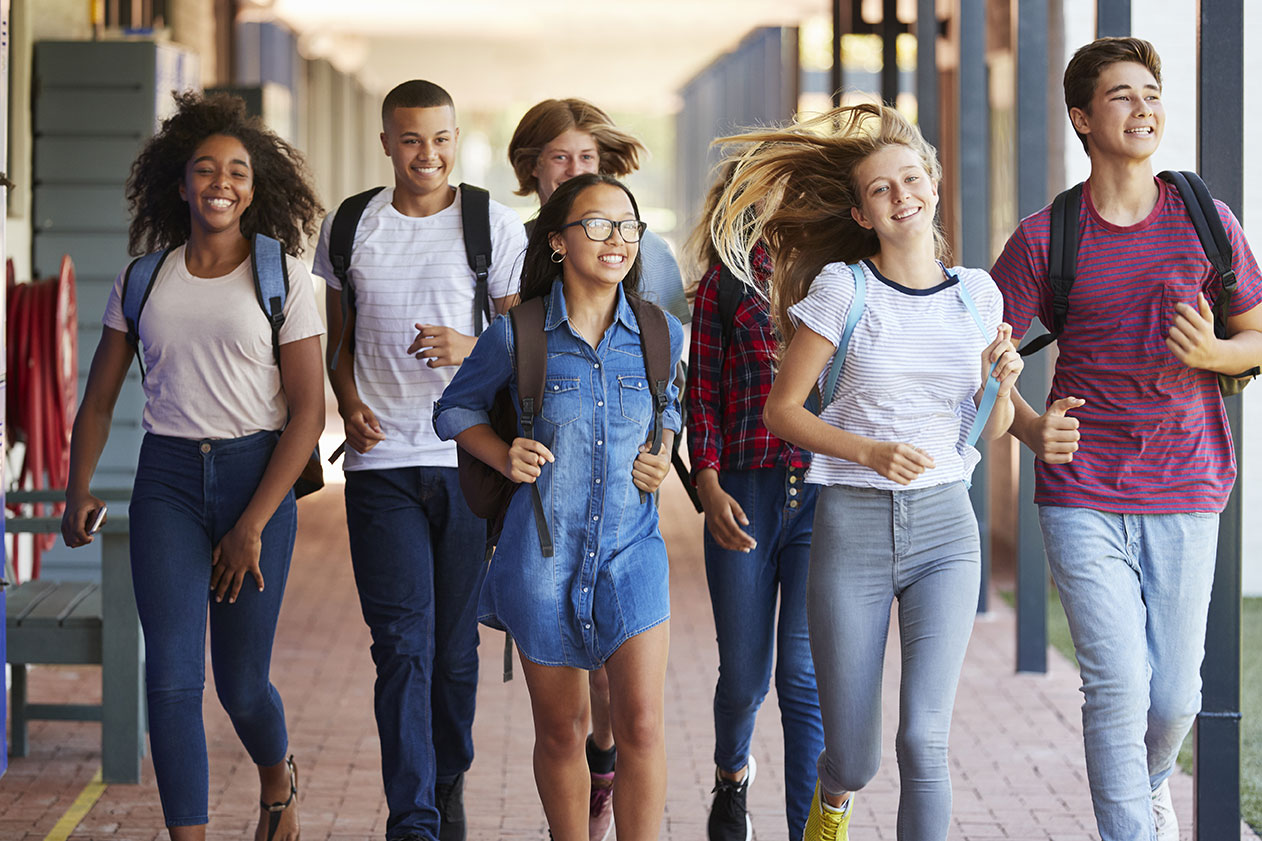(Available in Spanish and English.) Our team at SRI Education is deeply saddened and concerned about the wars, violence, and climate destruction sweeping the world. Adults and children may be grappling with feelings of fear, worry, anxiety, anger, and confusion in response to what they are seeing and hearing in the news and social media about displaced families and loss of life.
After over a full year of school closures, several teachers and school administrators are busy preparing for the long-awaited return to in-person classes this fall. But while worries of student learning-loss, momentum, and social-emotional well-being remain at the forefront of parent and school administrators’ concerns, the significant impact that this past year had on teachers cannot be overlooked.
Did you know? The recent influx of federal COVID-19 relief funds provides an opportunity to fund early childhood educational mental health supports and services!
State agency leaders and early childhood educators can use infant and early childhood mental health consultation (IECMHC) to meet children’s social and emotional needs during and beyond the pandemic.
Acts of violence at school place pressure on educators and school leaders to better ensure the safety of their students. A comprehensive approach addresses school climate, student mental health programs, strategies to prevent violence, and physical security mechanisms. Our research has identified several promising practices to help keep students emotionally and physically safe at school.
Students learn best when a school establishes clear and consistent school-wide expectations for behavior. Establishing school-wide rules and routines can help prevent challenging behavior or negative incidents from occurring in the first place. Foundations is one example of a program that addresses school climate and safety by promoting positive discipline policies.
Research has shown that a positive school climate is greatly beneficial for both students and educators. A positive school climate includes three main components: Engagement, Safety, and Environment. School climate measures can help educators, parents, and the community understand perceptions, set appropriate goals, identify priorities, and make decisions.

